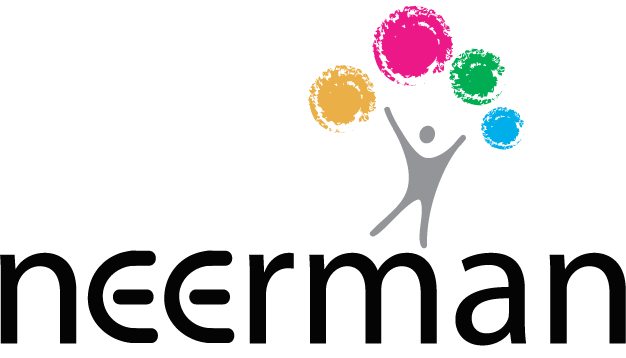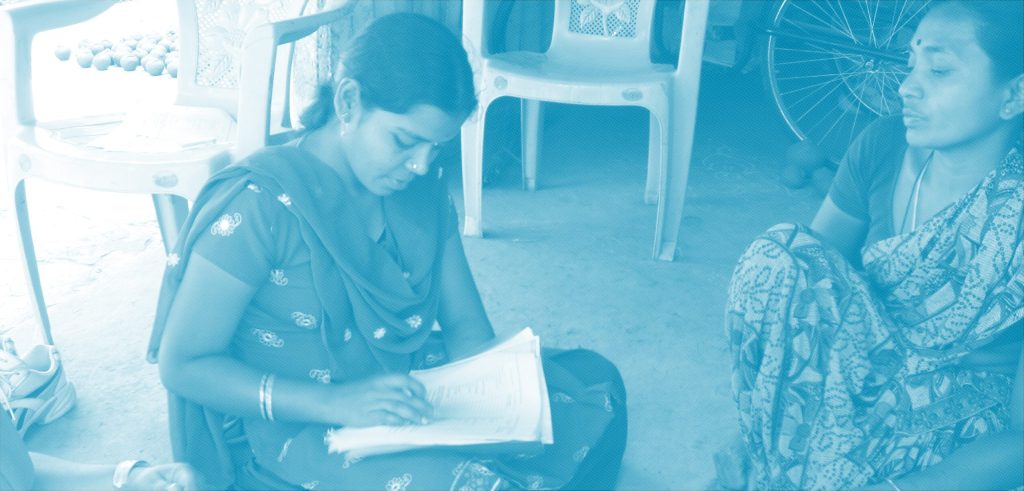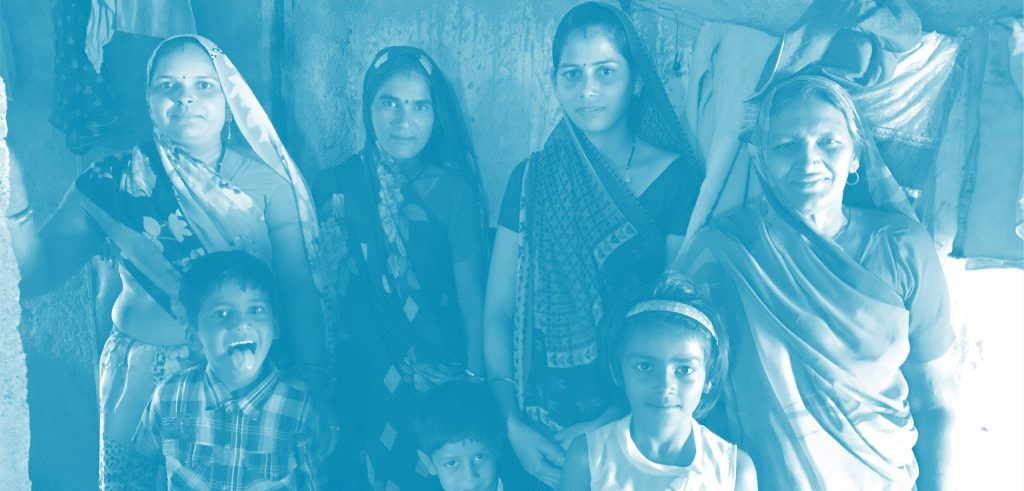EVALUATIONS & IMPACT ASSESSMENTS
Designing and implementing programme is challenging because many decisions have to be taken with incomplete information. We help you build ‘useful’ evidence before, during and after the programme cycles.
EVALUATIONS & IMPACT ASSESSMENTS
Designing and implementing programme is challenging because many decisions have to be taken with incomplete information. We help you build ‘useful’ evidence before, during and after the programme cycles.
We can conduct evaluations at the Prospective (before), Formative (during) and Summative (after) phases of the programmes by
Asking the Right Questions
Using the Right Methods
Right Use of Evaluation
Although there is a good overlap in objectives and methods, we organize our evaluation services by the extent of rigor and end-use in three categories.
Programme
Evaluation
We typically conduct evaluations based on the OECD-DAC criteria of relevance, coherence, efficiency, effectiveness, impact and sustainability. We use a mix of Quantitative and Qualitative research methods. Examples of prospective evaluations include needs assessment, baseline surveys and willingness-to-pay studies. Formative evaluations include process evaluations and operations research. Summative evaluations include endline surveys, SROI or cost-effectiveness studies and impact assessments..
Causal Impact Evaluations
Causal impact evaluations are especially useful when the intervention(s) is unproven or untested in real world settings. Without these, ineffective or inefficient interventions may be scaled up resulting in huge loss of resources over long term. Impact evaluations estimate effectiveness of one or more interventions against the business-as-usual situation. Two broad categories of impact evaluation designs are Randomized Controlled Trials and Quasi-Experimental Trials, but several design options exist under each.
Impact
Assessments
These focus on assessing and documenting impacts or results delivered by a programme. Often impact assessments use mixed-methods to prove the theory of change or results chain of a programme using mixed methods. Impact Assessments usually have shorter study timelines and more flexible methods to meet specific needs of CSR departments and NGOs. Impact Assessments are also mandatory for Indian CSR organizations with budget of Rs 10+ crores and for projects with outlays of Rs 1+ crore as per the Amended CSR Rules, 2021.


